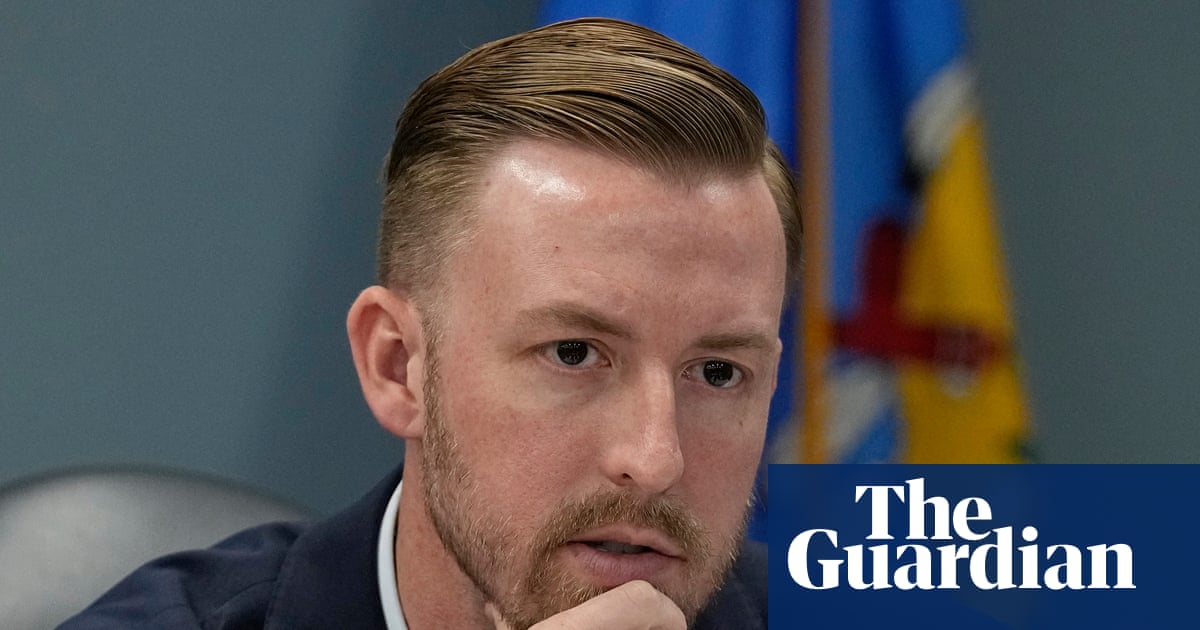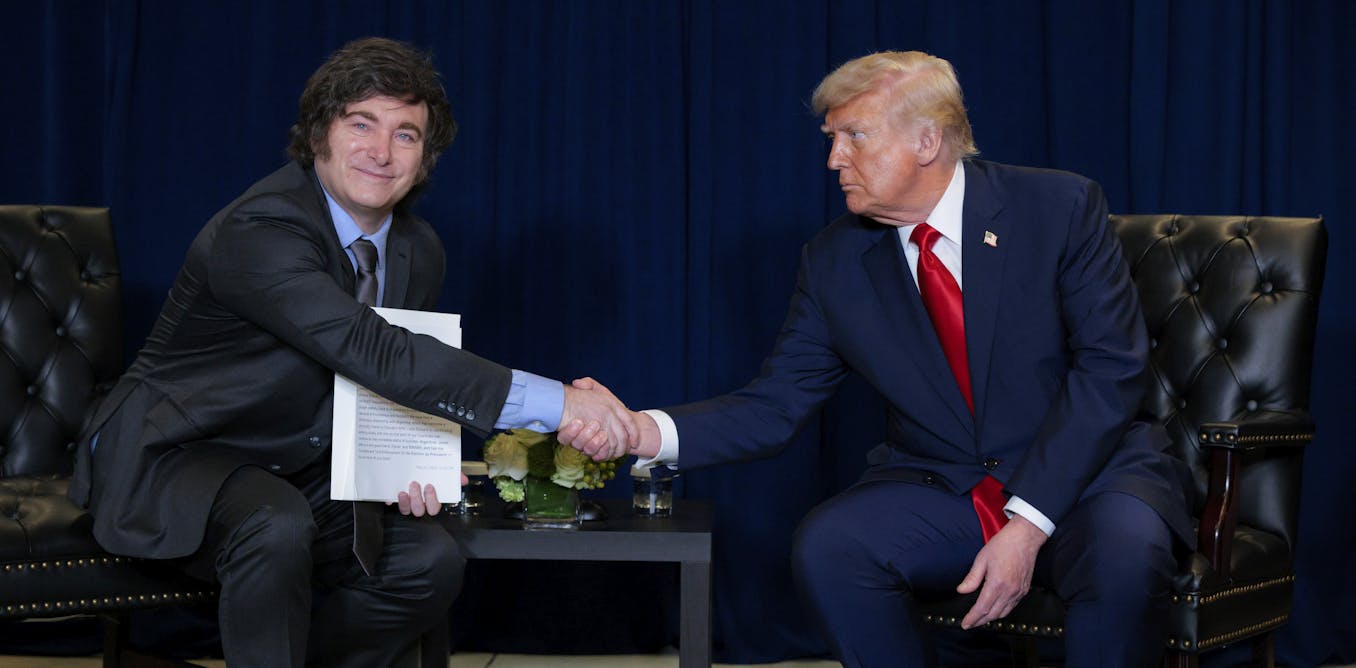Washington
—
President Donald Trump recently nominated one of his economic advisers to the Federal Reserve’s top ranks, but his next choice will be far more consequential. Plans for picking the next Fed chair are already taking shape.
Trump on Thursday nominated White House economist Stephen Miran to temporarily fill a vacant seat on the Fed’s Board of Governors, though he still needs to be confirmed by the Senate.
Meanwhile, the Trump administration has also been interviewing candidates for an even more powerful role: Fed chair. The current chair, Jerome Powell, has long drawn Trump’s ire for his refusal to acquiesce to the president’s demands to lower interest rates — and his term expires in May.
Just this past week, Trump’s search for who will steer the world’s most powerful central bank next year took various twists and turns. It shows Trump is leaving no stone unturned, especially considering he has repeatedly said he’s regretful of his nomination of Powell.
Trump said he is no longer considering Treasury Secretary Scott Bessent for the job. Meanwhile, Christopher Waller, a current Fed governor, unexpectedly gained ground with the president’s inner circle, according to people familiar with the matter. And two Republicans named Kevin — former Fed governor Kevin Warsh and White House economist Kevin Hassett — remain on Trump’s shortlist. It’s also possible that Miran, if he’s confirmed, ends up impressing the president so much that he is elevated to lead the Fed.
The Wall Street Journal on Friday reported that Trump expanded his list of potential picks for Fed chair, now including former St. Louis Fed president James Bullard.
“It’ll be interesting to see how this all plays out because the two Kevins are certainly quite viable, but Waller might be the one that the market forces as a choice,” said Derek Tang, an economist at research and consulting firm LH Meyer/Monetary Policy Analytics.
Waller was appointed to the Fed’s board by Trump in 2020, and until recently, he had built a reputation for being a key messenger on the Fed’s policy moves.
After the Fed hiked interest rates aggressively to tame inflation in 2022 and 2023, investors listened closely to Waller’s speeches for clues on when central bankers might finally begin lowering rates instead. Fed officials have a tradition of giving Wall Street a heads-up on what they plan to do with rates through their public engagements, known as “forward guidance.”

In recent months, Waller has chosen to set himself apart from the rest of the Fed’s rate-setting committee of 12 voting members.
Last month, Waller was one of two Fed governors who dissented on the Fed’s latest decision to hold borrowing costs steady for the fifth consecutive time, instead backing a rate cut. That was the first time since 1993 that more than one Fed governor dissented on a policy move.
In a statement explaining his dissent, Waller said that “tariffs are one-off increases in the price level and do not cause inflation beyond a temporary increase” and that the Fed should step in with a rate cut to prevent the labor market from falling off a cliff.
When pitching Waller to the president, Trump’s advisers repeatedly referenced Waller’s dissent, according to people familiar with the matter. The dissent undoubtedly boosted Waller’s chances for Fed chair, the sources said.
When Trump was threatening to sack Powell in the spring, Kevin Warsh quickly emerged as a potential replacement. National Economic Council Director Kevin Hassett eventually joined him on the list of potential Fed chairs.
Warsh, a longtime Trump ally, has said the president’s expansive tariffs won’t stoke inflation — a stance that’s at odds with the general consensus among economists. During a speech in Stanford, California, in May, Warsh said the Fed would be to blame if it can’t combat the persistent impacts of tariff-induced inflation.
“The president clearly trusts Kevin Warsh and thinks highly of him, and as I understand it, his in-laws are close with the Trump family, so there’s a personal connection there,” said Brian Gardner, chief Washington policy strategist at investment firm Stifel. (Warsh is married to billionaire Jane Lauder, granddaughter of Estée Lauder, the late cosmetics industry mogul.)
Warsh was previously under consideration for Fed chair during Trump’s first term, but Powell was ultimately chosen on advice from then-Treasury Secretary Steven Mnuchin.
But before Waller’s dissent drove up his stock with Trump, Hassett was seen as a front-runner for Fed chair.
Hassett, a PhD economist with a long track record of supporting Republican politicians, has been a key supporter of Trump’s sweeping economic agenda.
For example, Hassett — like Warsh — has vehemently defended Trump’s tariffs. In early April, when Trump unveiled massive tariffs hikes, Hassett told ABC News: “I don’t think that you’re going to see a big effect on the consumer in the US,” because countries will be negotiating trade deals with the administration.
“People assume Hassett is eventually going to be nominated because he’s at the White House and he definitely scores very highly on loyalty, having been with Trump since his first administration,” Tang said. “Trump probably feels like he can trust him.”
Both Warsh and Hassett have said the Fed should remain independent.


